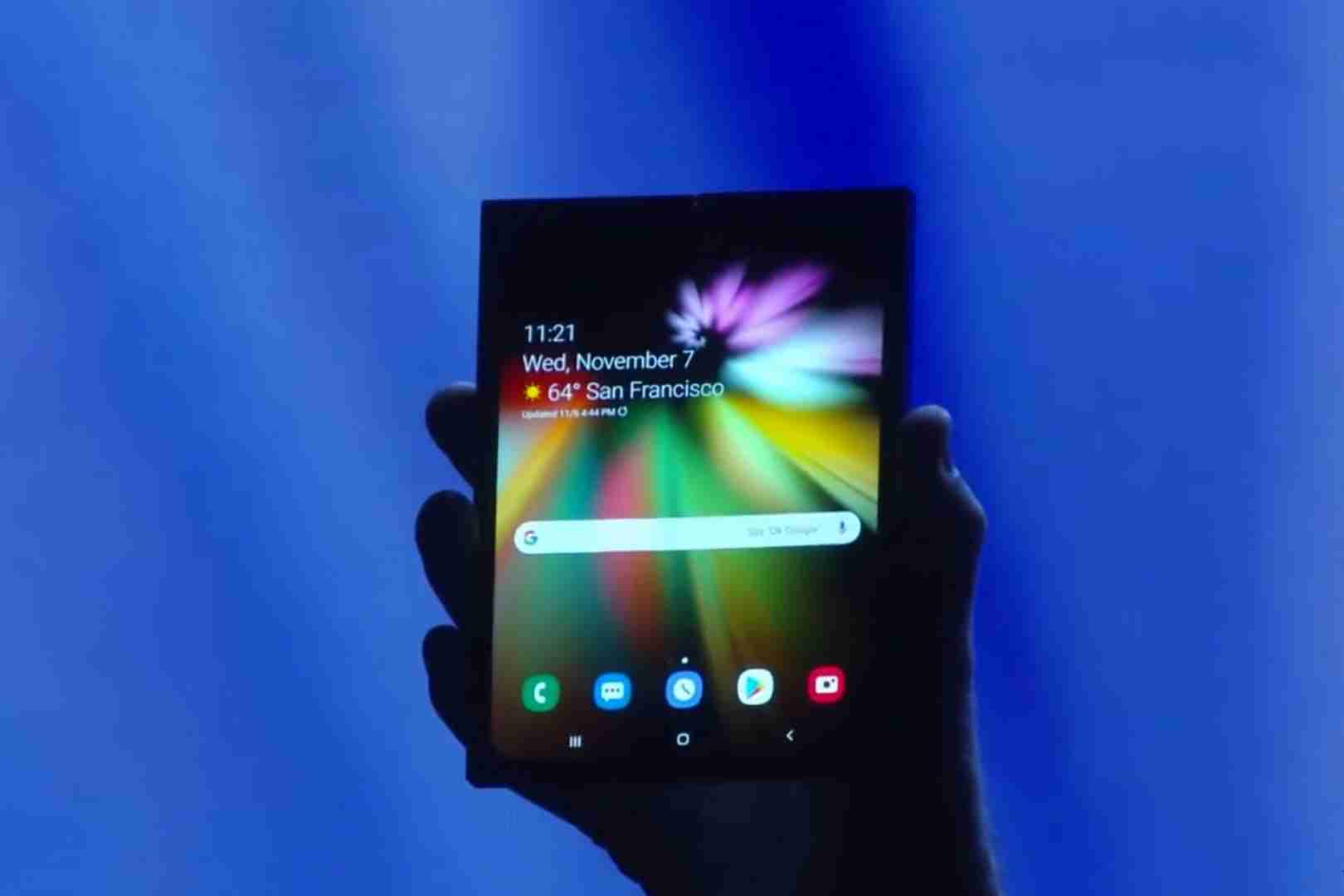
What’s more important: base pay or being appreciated for your work? A recent survey released by Boston Consulting Group polled more than 200,000 employees around the world to create a definitive list of the top 10 factors for on-the-job happiness. They found that employees value the following (in order of importance):
Appreciation for their workGood relationships with colleaguesGood work-life balanceGood relationships with superiorsCompany’s financial stabilityLearning and career developmentJob securityAttractive fixed salaryInteresting job contentCompany valuesInterestingly, recognition, work-life balanceand personal relationships took the top spots while salary ranks eighth, contradictingother surveys on the topic. In a round-up by Smallbiz Ahead, they cite three other surveys from Tinypulse, SApand SHRM that show compensation as the number-oneconcern. The perse results can cause confusion.
We all know that base pay is always a huge concern for everyone, but if salary is a major concern in your organization, no amount of recognition will make your employees forget it. And if your employees aren’t getting enough recognition for what they do, no amount of money can buy their loyalty. These polls tell us that salary and recognition are both top concerns simultaneously, and what’s needed is a nice balance between the two.
Striking a balance
Anyone worth their salt in Human Resources is familiar with Frederick Herzberg’s hygiene theory, which statesthat base pay is a hygiene factor, meaning it must meet a certain expectation, but after that expectation is met, its power as a motivator is diminished.
为什么? Because for all its importance, people would rather not struggle with salary. 58003
The motivational 'sweet spot'
这是关键: There is no guarantee that increasing base pay will increase the output of your workers. High salaries don’t correlate too well with high performance. 为什么? Intrinsic motivation, or our internal psychological desire to achieve things, has been proven to have more substantial and predictable motivation effectsthan extrinsic motivators like cash and material goods.
However, the raw impact of extrinsic rewards like cash make them excellent short-term motivators. Cash can only go so far, but there is strong evidence to suggest that if you pay a competitive salary and also give people recognition for their work on top of that, amazing things can happen. But it’s not automatic --it’s a constant negotiation to find that motivational “sweet spot” between decent salaries and a positive work environment. That’s when you become number one.
 金融价值网
金融价值网

















